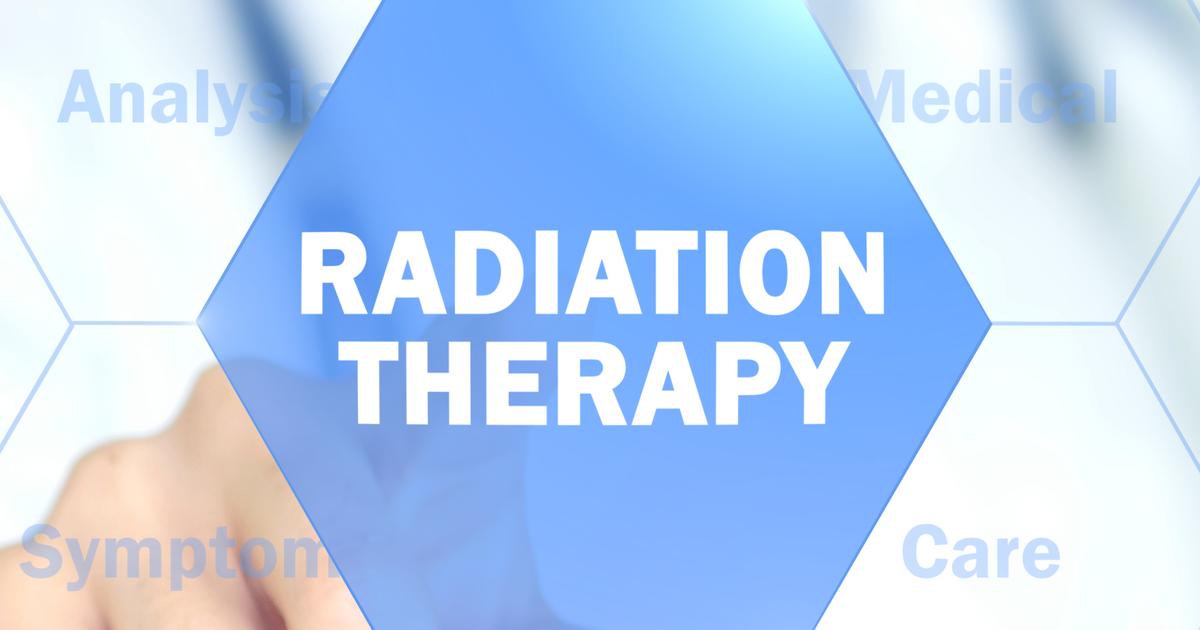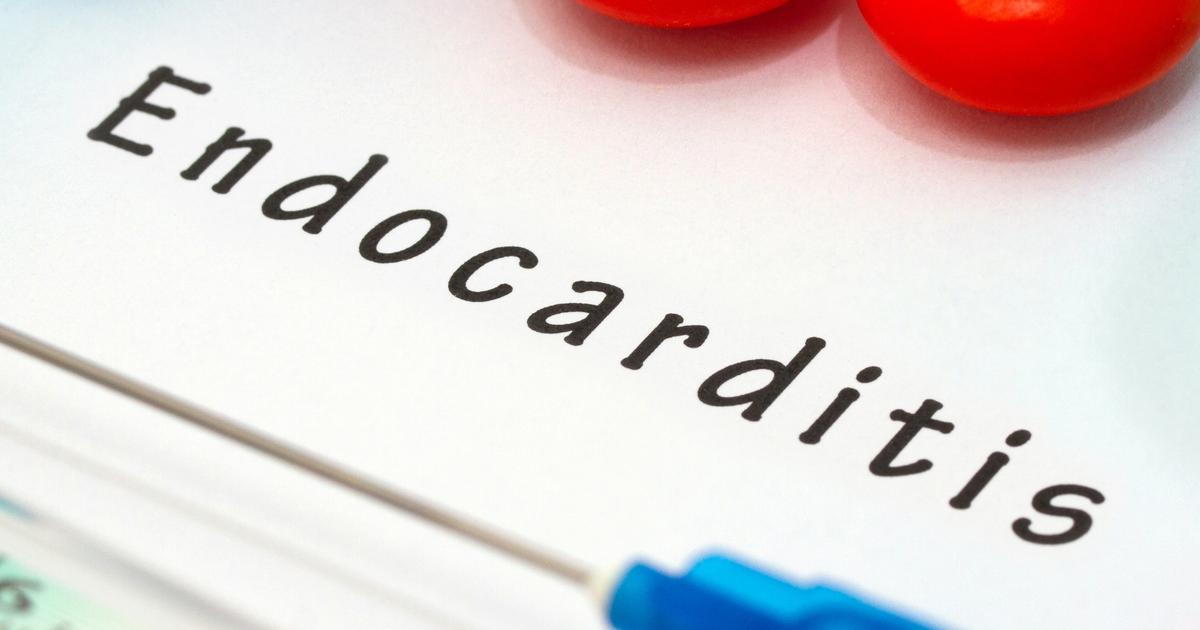Guide To The Risk Factors, Causes, And Complications Of Aortic Stenosis
Radiation Therapy To The Chest

Reports indicate that radiation therapy to the chest can increase an individual's risk of developing heart issues, including aortic stenosis. Radiation therapy is a common treatment for many forms of cancer. However, high doses can cause damage to the heart, including the valves. This is typically referred to as cardiotoxicity. Although it can develop within a few months of receiving radiation therapy to the chest, most patients will see this damage and aortic stenosis years later. Patients with other heart disease risk factors, including diabetes, and those receiving radiation therapy along with other cancer treatments, such as chemotherapy, are at a higher risk of developing the damage that can trigger aortic stenosis.
Discover additional causes and risk factors associated with aortic stenosis now.
History Of Infections

According to experts, a history of infections, particularly those that affect an individual's heart, can increase the risk of developing aortic stenosis. A common infection-related condition that results in this is endocarditis, which refers to inflammation of the endocardium. This is the inner lining of the heart's valves and chambers. Endocarditis develops from infections in other parts of the body that travel to the heart. The infection can be from bacteria, fungi, or other germs. One of the common sources of infections that travel to the heart is the mouth. This means issues such as gingivitis can cause endocarditis and then cause or worsen aortic stenosis as a result.
Reveal more information on what can increase an individual's risk of aortic stenosis now.
